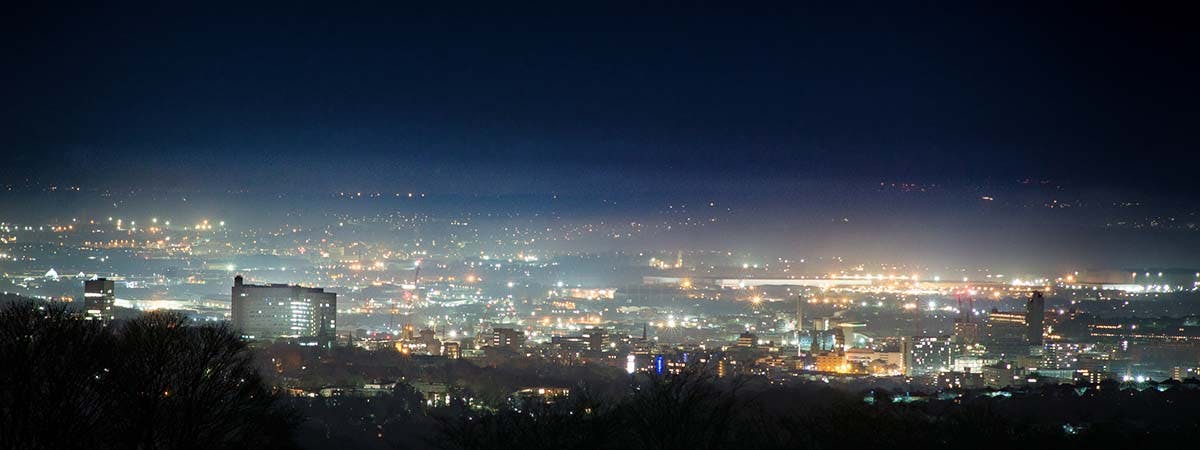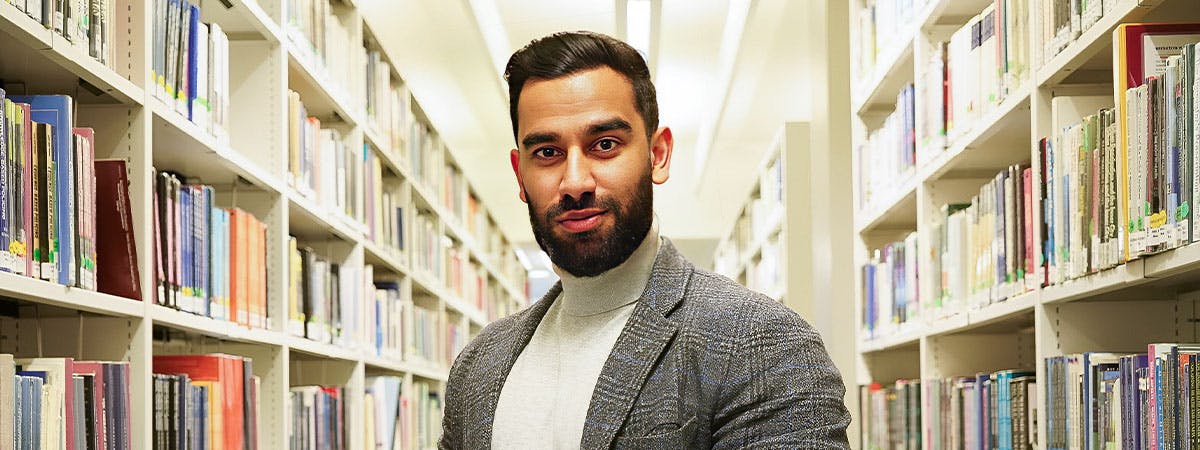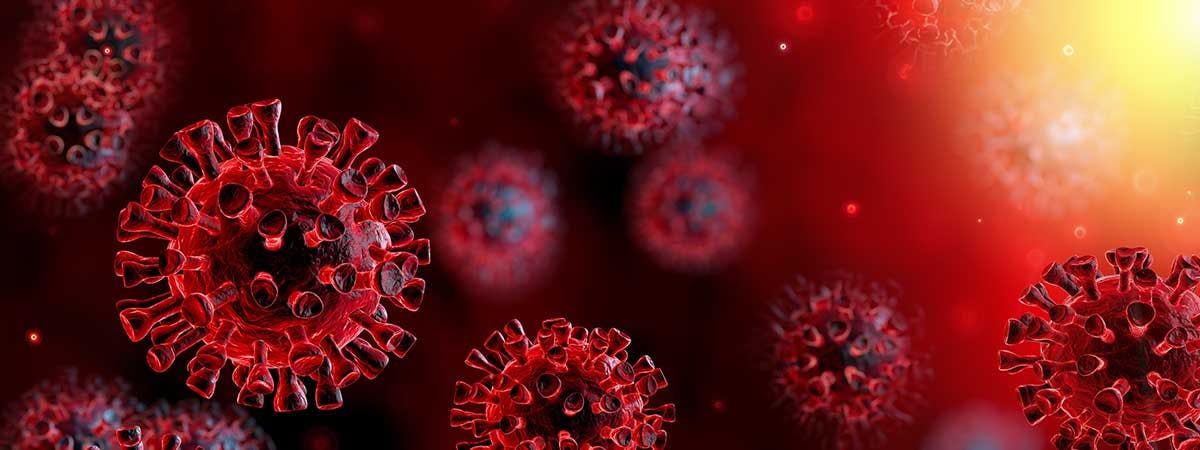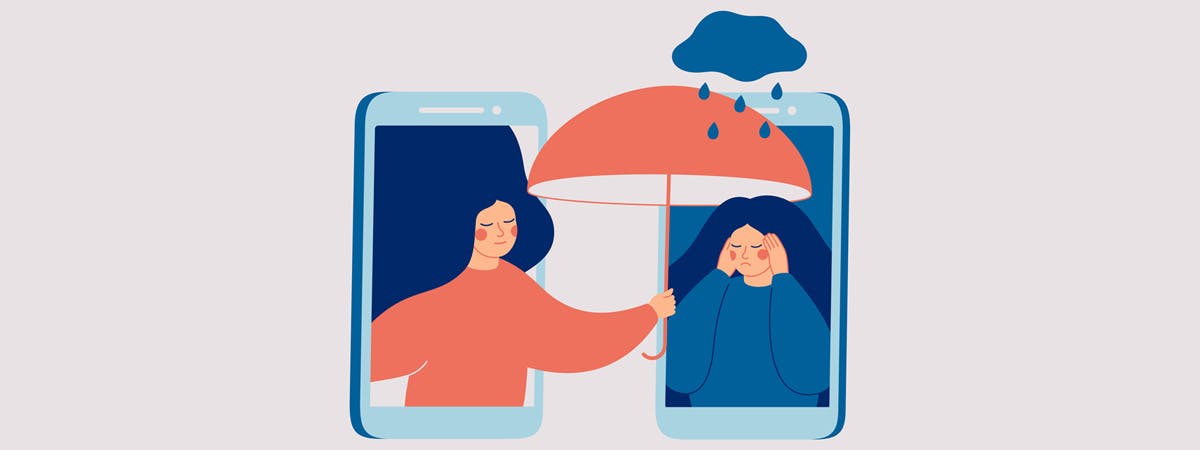It was a Roman that once said, "Give them bread and circuses, and the people will neglect their concerns." This quote, attributed to the 1st century AD poet Juvenal, demonstrates how powerful elites will often use ceremonies to distract their populations from the real business at hand.
 Jonathan Jackson
Jonathan Jackson
Teaching Fellow in Criminology
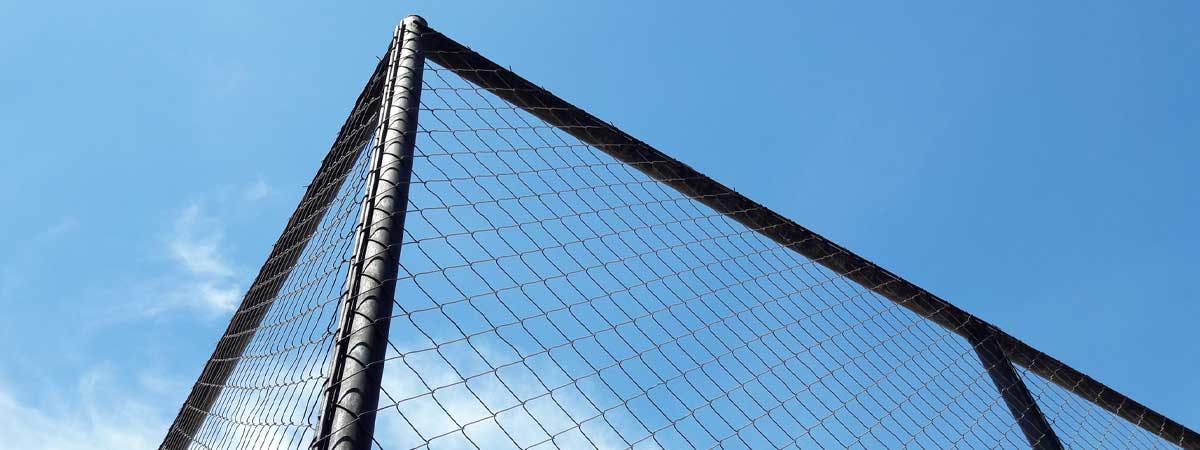
This technique is not limited simply to autocratic rulers or dictators, but also politicians operating in liberal democracies, who will always use major events to hide bad news. The terrible actions in Ukraine by Russian forces in 2022 have rightly gripped the thoughts of all European citizens, with the fear of escalation crippling the commercial world. Sport has not been immune to this and, rather than acting as a distraction, has in fact brought into sharp contrast the complexities of an interconnected and globalised world, in which high moral values can be trumped by the harsh realities of business.
What is clear is that circuses have now become hugely powerful commercial entities that generate vast amounts of wealth for their owners. This now means that the role of sport within international affairs and politics can no longer be ignored.
The debate began with the back-and-forth decisions discussed by the Winter Paralympic organising committee on whether to include the Russian team in this year’s tournament. Eventually, it was decided by the organising governing body not to allow Russian athletes to compete as a direct result of the invasion.
This decision has once again raised the question as to how Putin and his elites will be challenged for their actions and whether the alienation of a nation is an appropriate response. There are many who would argue that economic sanctions and the commercial isolation of Russia will have a negative effect on the Kremlin eventually, but not before damaging the living standards of the majority of Russians.
As with the sanctions imposed on Saddam Hussain and Iraq after the first Gulf War in 1991, it is the wider populations of teachers, doctors, postal workers, and students who will feel the effects of these sanctions, rather than the wealthy and privileged elites. Some have now begun to question whether punishing the people of a policed state, lacking any form of coordinated political opposition, should be the most effective response to a tyrant’s actions.
What is clear is that mainstream sports and commercial businesses are publicly withdrawing their interests from Russia but may be in fact missing the guiltiest and punishing those with the least influence on global events. The Western states have come to realise that by isolating Russia from global economics, trade and sport, they will in time erode the confidence that the oligarchs have in their leader, and the impact this will have on the Russian people is a price worth paying.
It appears that the revolution from the masses will be slow to develop due to the efficiency of an integrated security apparatus as well as the state control of the media, ensuring that the voices of opposition may take time to have any significant effect in pressurising Putin’s inner circle to act against him. In the often-complex world of geopolitics, those who have little influence over Putin’s war will suffer or be deprived far more than those who do. This is manifested in how sportsmen and women are being refused entry to the games they compete in, whilst those who have arranged the conflict sit behind the guarded walls of their financial strongholds.
In the meantime, the strategy adopted by sporting bodies has been replicated by many other commercial sectors, with Apple, Google, Meta, and now Netflix, all withdrawing their services from the country, driving up costs and leading to market destabilisation.
Fuel and energy prices are soaring, causing huge uncertainty in nations that have become dependent on cheap fuel from Russian supplies. President Biden has chosen to build closer ties to Middle Eastern sources of energy, ironically favouring regimes with equal levels of disrepute. The natural resources that are stored in the ground of Ukraine cannot, of course, be overlooked and may hold some of the reasoning behind this most terrible of invasions. Supply of oil, gas, and precious metals will be vital to the future of a nation’s status in this resource century and combined with Putin’s insistence on occupying these territories along with the warm water ports on the Black Sea, suggests a long-term strategic thinking regarding the domination of source, supply, and distribution.
The issue of sport and geopolitics was brought into mainstream view by the actions of the former England and Chelsea football captain, John Terry, who took to social media earlier in the week, publicly offering his support for the outgoing Chelsea FC Russian billionaire owner, Roman Abramovich. This long-term ally of Putin and his regime, himself a veteran of the dark days of the 1990s, was praised by John Terry for his contributions to the club and recognised that without his investment, Chelsea may not have achieved their dominance in football for so many years.
This raises the question once again of the complexity of disentangling Russian money from British business and the reluctance to do so. Many sports elites have enjoyed lifestyles and success without ever asking any questions as to where it all comes from. It may now be time that global sports as well as nation states have a credible discussion as to the sources of their income and ensure that judicial systems target the business elites who really have influence and can decide the future of the terrible conflict in Ukraine rather than those without the ability to enact real change.

